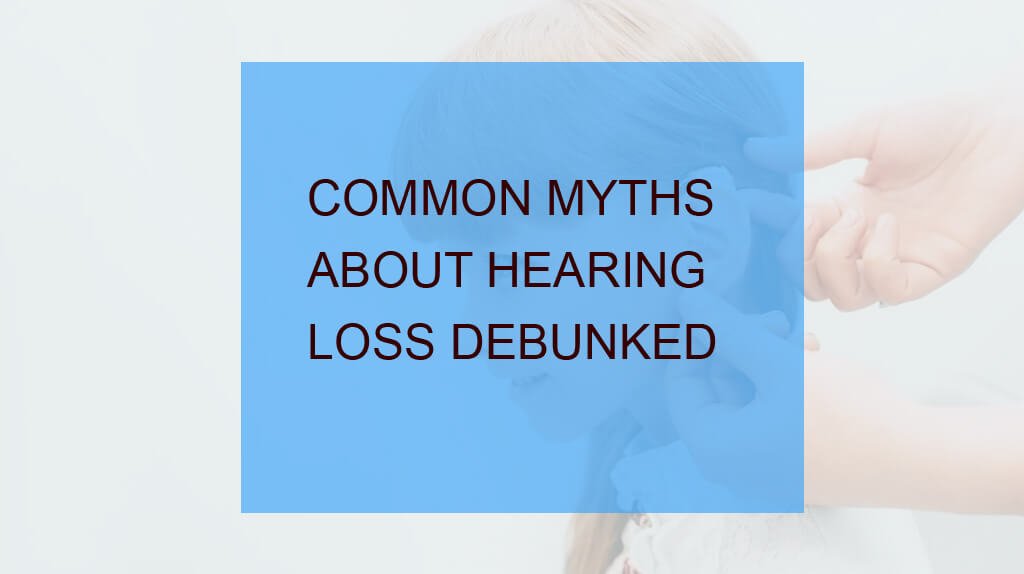Common Myths About Hearing Loss Debunked
Hearing loss affects millions of people worldwide, yet it remains one of the most misunderstood health conditions. There are many myths and misconceptions surrounding hearing loss that can lead to confusion and misinformation. In this blog, we’ll debunk some of the most common myths about hearing loss in easy-to-understand language, helping to promote awareness and understanding of this prevalent condition.
Myth 1: Only Older People Experience Hearing Loss One of the most pervasive myths about hearing loss is that it only affects older individuals. While it’s true that age-related hearing loss, known as presbycusis, is common among seniors, hearing loss can occur at any age. Factors such as exposure to loud noise, genetics, medical conditions, and ototoxic medications can all contribute to hearing loss in people of all ages. It’s essential to recognize that hearing loss is not exclusively an issue of aging and can affect individuals of all demographics.
Myth 2: Hearing Loss Is Just a Normal Part of Aging While age-related hearing loss is prevalent, it’s not an inevitable consequence of aging. While changes in hearing may occur as we age, significant hearing loss should not be dismissed as a natural part of getting older. Untreated hearing loss can have a profound impact on quality of life, leading to social isolation, communication difficulties, and decreased cognitive function. Seeking timely intervention and treatment for hearing loss can help mitigate its effects and improve overall well-being, regardless of age.
Myth 3: Hearing Loss Only Affects the Elderly’s Ability to Hear Sounds Another common myth is that hearing loss only affects the ability to hear sounds. In reality, hearing loss can have far-reaching consequences beyond auditory impairment. Untreated hearing loss has been linked to various physical, emotional, and cognitive health issues, including increased risk of falls, depression, anxiety, and cognitive decline. Addressing hearing loss comprehensively involves considering its impact on overall health and well-being, not just hearing ability.
Myth 4: Hearing Aids Make Hearing Perfect Again While hearing aids can significantly improve hearing and communication for many individuals with hearing loss, they do not restore hearing to its original state. Hearing aids amplify sounds and make them more audible, but they cannot fully replicate natural hearing. Additionally, adjusting to hearing aids may require time and patience, as they can’t completely eliminate background noise or restore hearing in all situations. However, with proper fitting and adjustments, hearing aids can greatly enhance quality of life for people with hearing loss.
Myth 5: You Can’t Prevent Hearing Loss Contrary to popular belief, many cases of hearing loss are preventable. Protecting your ears from excessive noise, avoiding ototoxic medications, and practicing good ear hygiene are all essential steps in preventing hearing loss. Additionally, staying informed about potential risks and taking proactive measures to protect your hearing can help preserve your hearing health over time. While not all causes of hearing loss are preventable, adopting healthy habits and protecting your ears can significantly reduce your risk.
Conclusion:
Dispelling myths and misconceptions about hearing loss is essential for promoting awareness and understanding of this prevalent condition. By debunking common myths about hearing loss, we can encourage early detection, timely intervention, and proactive measures to protect and preserve hearing health. By recognizing the realities of hearing loss and addressing its impact comprehensively, we can empower individuals to take control of their hearing health and lead fulfilling lives.

